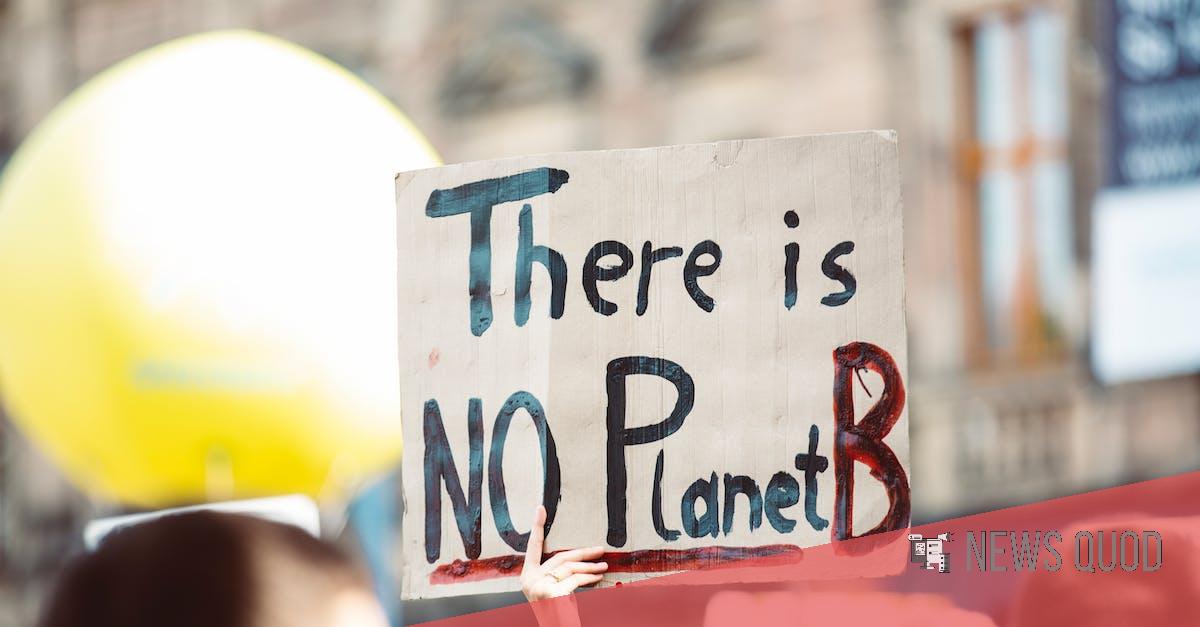Weight Loss Programs That Are Unexplained

In order to lose weight, you need to burn off more calories than you eat. Your weight is simply a delicate balance, and calories are a big part of that balance. To lose weight, you must reduce your overall body fat percentage, rather than increasing it. Fortunately, a weight loss comes down to decreasing calories taken in and increasing those burned through regular physical activity. Let’s explore how this works.
Low-calorie diets such as the Atkins diet are popular because they decrease calorie intake, but they do little to burn calories. In general, it is not clear which is the better approach: reducing calories per day to reduce overall body fat, or increasing exercise to burn those calories faster. To make things more complicated, some low-calorie diets have added some carbohydrate-free ingredients to their diet to further increase the confusion.
The best way to achieve weight loss is to eat less and exercise more. When you eat fewer calories, your body has fewer calories to burn. This means that you will need to burn those calories through physical activity to reach your goal. Obviously, the more physical activity you do, the more weight you will lose. That is why some people will choose low-calorie diets to lose weight while still maintaining their current weight. But even though the diet reduces calorie intake, it does not reduce calories burned, so weight loss is achieved primarily through increased physical activity.
Exercise speeds up weight loss by increasing the resting energy expenditure (REE), which accounts for most of your weight loss. Relying on calories alone to make up for your meals is dangerous, because calories are only a small percentage of your total calories. A good rule of thumb is to count your total calories so you know what your minimum acceptable amount of food is per meal. Then divide that number by six or seven, depending on how much exercise you plan to do. This information is important because you should base your calories used for eating well on it.
Unexplained weight loss is sometimes due to nutritional deficiencies. If you are experiencing an unexplained weight loss, talk to your doctor about the possible causes. You may be allergic to a food, unable to absorb the right nutrients, or have a nutrient deficiency that is causing your body to retain too much water or gain too much fat. You may also have an emotional problem that is causing you to overeat, such as stress or depression.
Your doctor can help you solve these problems and provide you with the resources you need to find a healthy and effective weight-loss program. You may need to make some changes in your diet or lifestyle if you are experiencing unintentional weight loss. Your doctor can recommend and create a diet and weight loss program that will work for you. Ask your doctor for recommendations before starting any new weight-loss program, even if you think you’re healthy. He may be able to help you avoid serious medical conditions, or point you to someone who can.








